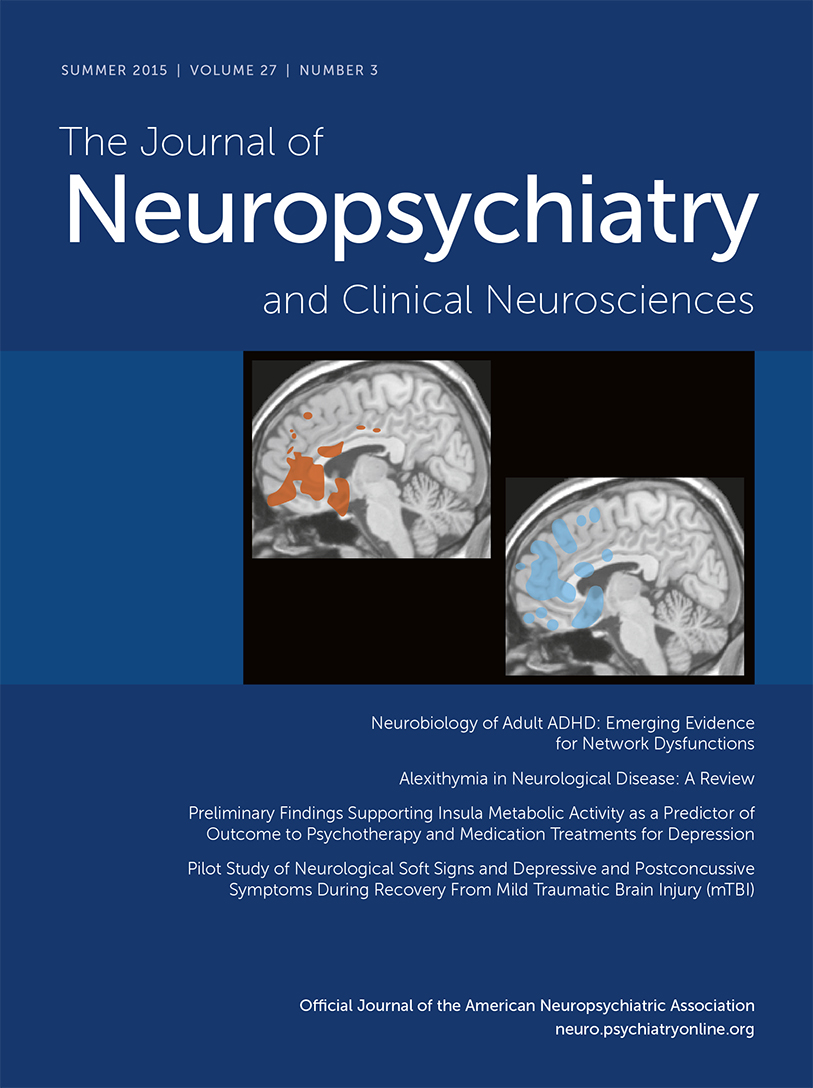Abstract
A key neuropsychiatric symptom of Huntington’s disease, irritability, contributes to a decline in functioning and to great distress in both patients and their caregivers. To identify mutation carriers prone to the development of irritability, this study aimed to investigate the course and temporal relationships between irritability and other neuropsychiatric symptoms. A cohort of 90 mutation carriers was followed for 2 years. Using the Irritability Scale, the incidence of irritability was 23%, whereas irritability persisted in 70% of the mutation carriers with irritability at baseline. An increase in irritability was strongly associated with an increase in apathy.



